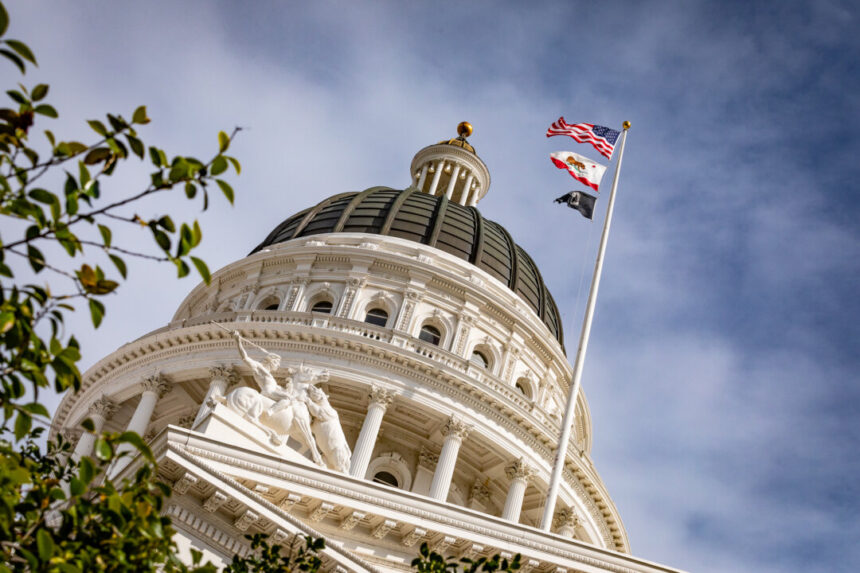The Senate and Assembly appropriations committees set aside 275 bills on Aug. 15 during suspense file hearings, where bills with significant fiscal impacts are reviewed without testimony. These hearings occur twice a year, with bills affecting the state’s general fund by $50,000 or any fund by $150,000 typically placed in the file for fiscal committee votes.
During the latest hearing, the Assembly committee held 95 of 315 bills, while the Senate held 180 of 515 bills under consideration. The suspense file, often referred to as where bills go to die quietly, was used to pause about one-third of the proposals in the most recent meeting.
Buffy Wicks, chair of the Assembly’s Appropriations Committee, attributed the high number of bills on hold to the state’s fiscal challenges. The nonpartisan Legislative Analyst’s Office estimated a budget deficit of approximately $73 billion, with potential shortfalls expected in the coming fiscal years.
Some public safety bills, including those proposed by Sen. Marie Alvarado-Gil, were among those put on hold. Bills like Senate Bill 226, Senate Bill 796, and Senate Bill 820, focused on penalties for possession of fentanyl and firearms, threats at schools and places of worship, and property seizure at illegal cannabis grows, respectively, were all sidelined by the committee.
Senate Bill 1074, known as the SAFE Act and introduced by Senate Minority Leader Sen. Brian W. Jones, aimed to limit the placement of sexually violent predators upon release from prison but was also held in suspense.
Reparations bills, such as Senate Bills 1331 and 1403, which establish a fund for reparations and create an agency for dispersal oversight, successfully passed the appropriations committees.
Republicans in the Senate highlighted their successful measures related to assisting veterans, sexual assault victims, and wildfire survivors, among others, as beneficial for Californians. Bills like Senate Bills 920, 978, 1043, and 268, addressing military families’ school choices, state budget information access, transparency for behavioral health facilities, and penalties for raping an intoxicated individual, respectively, were among those that moved forward.
Assembly Bill 3216, allowing schools to regulate phone usage on school grounds, also cleared the fiscal committee. Hotly contested measures like journalism preservation and AI regulation bills, facing opposition from tech and AI industries, also passed the fiscal committees.
With 555 bills advancing through the fiscal committees, there are two weeks left in the session for them to pass the respective chambers and potentially return to the house of origin for amendments. Please rewrite this sentence.
Source link





